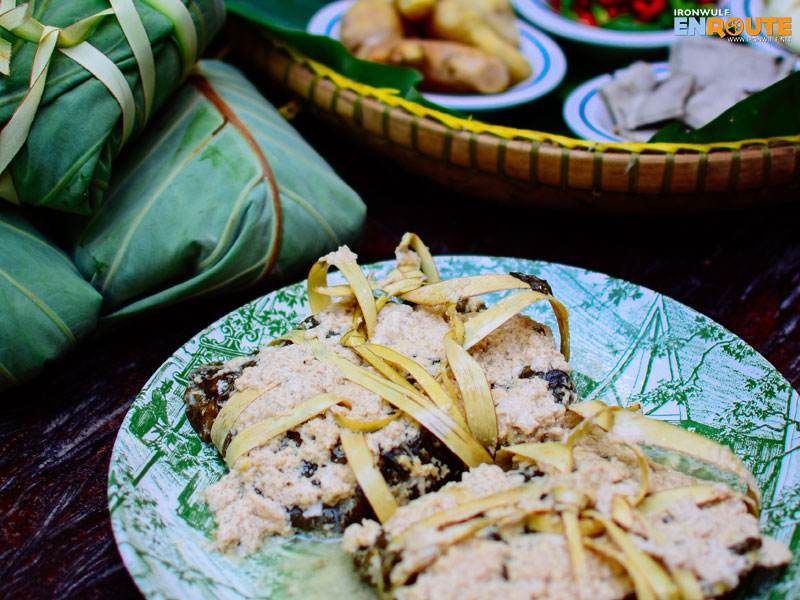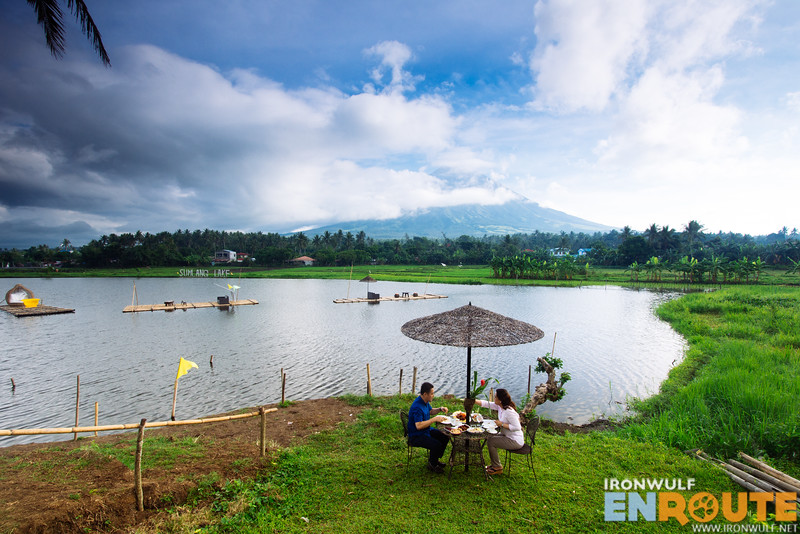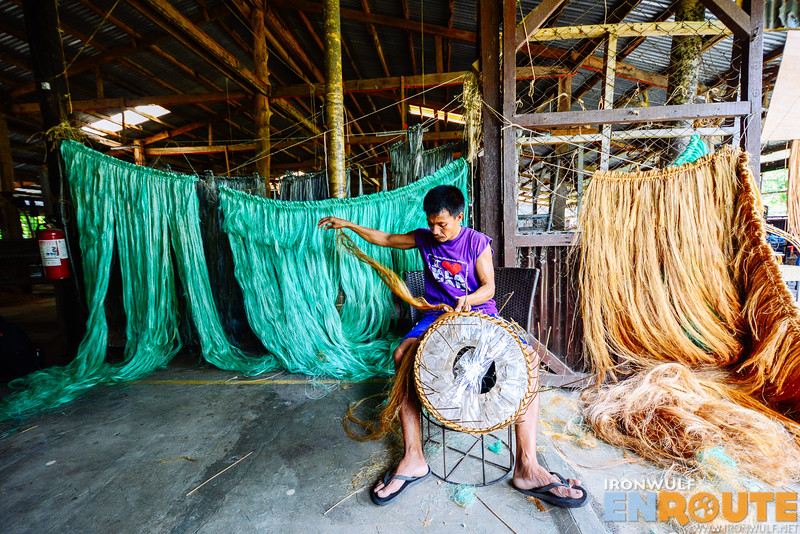Talk about Bicol and it’s hard not to tag one of the region’s signature dishes – the Pinangat. I had fond memories of this spicy and aromatic dish growing up. Whenever relatives from the province would visit our home, the pinangat is mostly one of the treats they would bring. Packed frozen and wrapped tightly in layers of newspaper to keep it fresh. While I had seen how the dish was made from our kitchen, it is interesting to see how it is mass produced in a backyard industry setting. My recent visit to Camalig found me fascinated by both the sight and smell on how one of the most sought-after pinangat was concocted.
Bicol | Zeny’s Pinangat in Camalig Albay


